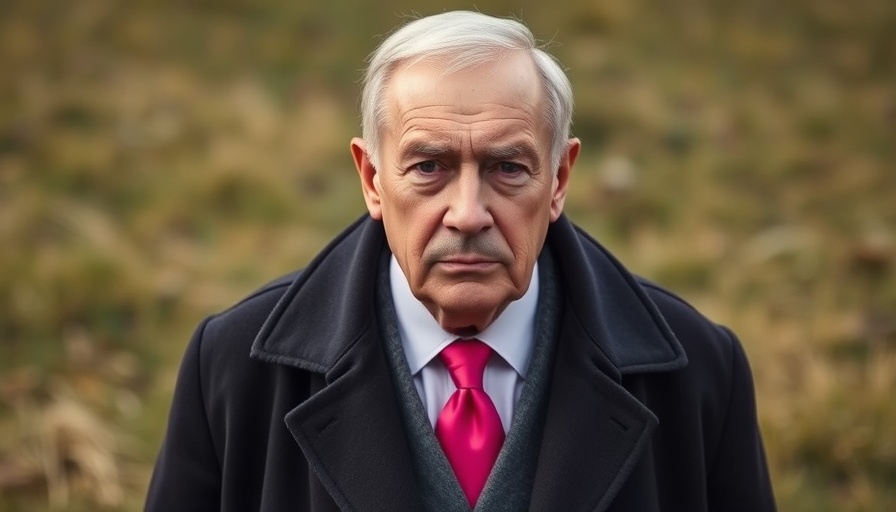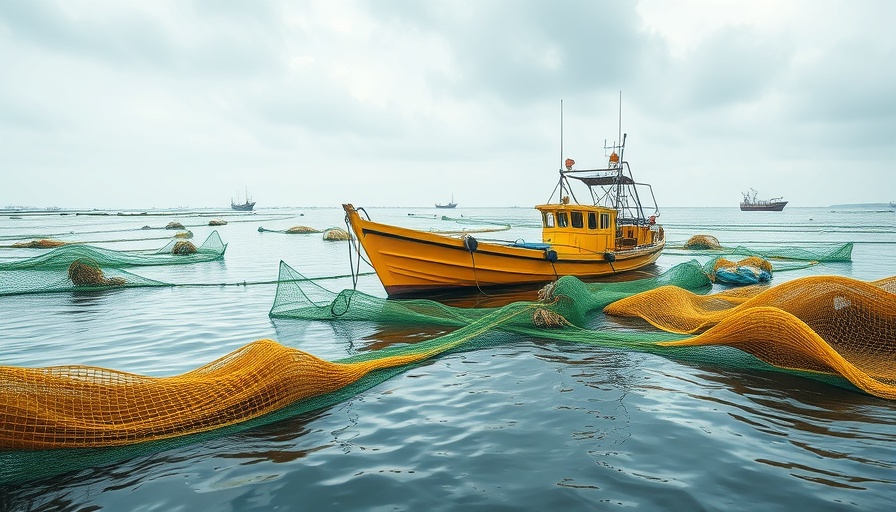
A Brewing Crisis: How Tariffs Are Transforming the Coffee Industry
President Donald Trump's ambitious tariff strategy was intended to give a leg up to American jobs, but instead, it has turned the coffee trade on its head. Recently imposed 50% tariffs on Brazilian coffee are driving distributors to pivot towards China, which is quickly solidifying itself as a coffee-loving nation. With Brazil being the largest coffee exporter in the world, exporters are registering en masse to redirect shipments to Chinese shores. Global coffee trader, Hugo Portes, accurately noted that these tariffs are inadvertently bringing sellers closer to China's burgeoning market, emphasizing the unforeseen consequences of tariffs in the global market.
India's Seafood and Tea Potential: An Unexpected Twist
India's seafood and tea exporters are also feeling the heat. Facing similar 50% tariffs and additional levies on oil trade with Russia, many are diversifying their markets by looking towards China and Europe. While K.N. Raghavan of the Seafood Exporters Association expresses optimism, there is a palpable concern about competing with cheaper African suppliers. This shift represents a unique opportunity for businesses in India, showing resilience and adaptability amid significant challenges.
The Ripple Effect: What Does This Mean for U.S. Consumers?
For U.S. consumers, these shifts could mean higher prices at the grocery store. Increased tariffs on essential commodities like coffee, seafood, and tea ultimately trickle down to the average shopper. As the U.S. manufacturing sector shrinks, with a recent PMI indicating contraction for the sixth consecutive month, the escalating costs are becoming more apparent. Families might have to rethink their budgets as prices for everyday goods climb, all thanks to policy decisions aimed at protecting domestic jobs.
Global Implications: A Lesson in Trade Relations
Furthermore, these changes aren't just significant for coffee and seafood lovers but illustrate a broader lesson about global trade relations. Trump's downplaying of tensions with India reinforces a complex web of international ties that impact policy decisions. A balanced global trade approach may hold the key to bettering markets for all involved.
Future Predictions: Where Do We Go From Here?
As we look to the future, it's crucial to anticipate the evolving landscape of global trade. The interactions between nations, influenced by tariffs and trade policies, may lead to entirely new export dynamics. This especially holds true for coffee and seafood markets, where shifts in buyer preferences could redefine international partnerships.
In conclusion, these tariff-induced shifts not only disrupt traditional trade pathways but also redefine the relationship between global consumers and producers. What does this mean for you and your family? It’s a good time to stay informed about the products you consume, support local markets when possible, and prepare for what the future holds in the culinary landscape.
 Add Row
Add Row  Add
Add 




Write A Comment